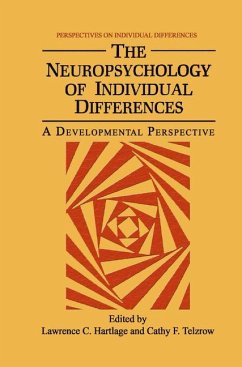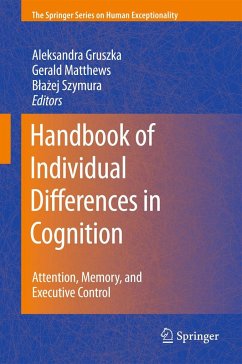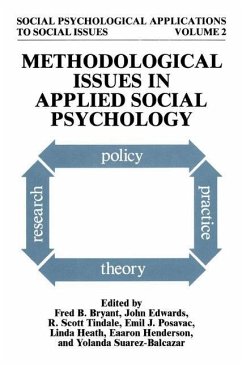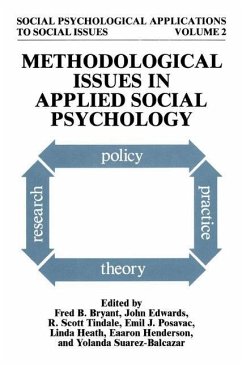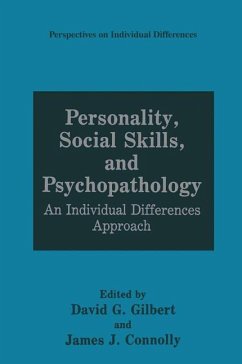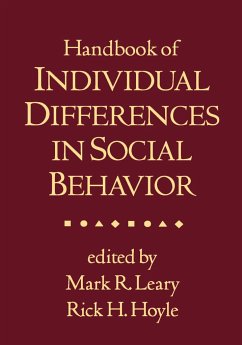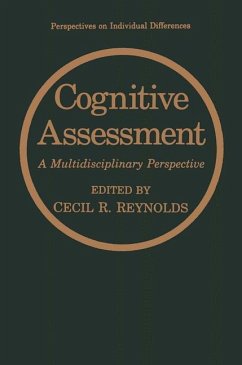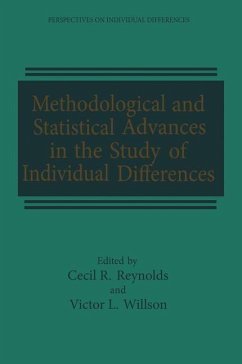
Methodological and Statistical Advances in the Study of Individual Differences

PAYBACK Punkte
20 °P sammeln!
Differential psychology, or the psychology of individual differences as it is better known, is perhaps the single most important basic psychological science that underlies professional practice in psychology. The recent age of behaviorism all but ignored individual differences, but in this decade the study has emerged from relative dormancy with a new vitality, fueled by new concepts, technologies, statistics, and new viewpoints on old ideas that are moving us forward. This work is intended to be a review of as well as a primer on many of these advances and new approaches to the study of indiv...
Differential psychology, or the psychology of individual differences as it is better known, is perhaps the single most important basic psychological science that underlies professional practice in psychology. The recent age of behaviorism all but ignored individual differences, but in this decade the study has emerged from relative dormancy with a new vitality, fueled by new concepts, technologies, statistics, and new viewpoints on old ideas that are moving us forward. This work is intended to be a review of as well as a primer on many of these advances and new approaches to the study of individual differences. The venerable, interesting, and often controversial Eysenck opens the volume with a review of recent results and new techniques for unlocking the physiological basis of what is commonly understood to be intelligence. Eysenck and his students, in his London laboratory, have been fostering advances in this field for more than four decades. Their latest work could be the mostexciting of Eysenck's illustrious, scholarly career. Eysenck's eye-opening, innovative work on the relationship between evoked potentials and performance on traditional psychometric measures, presented with a new slant, is certain to attract much attention in coming years. Eysenck and Barrett's chapter is followed by a closely related work by Arthur Jensen, who gives us a revitalizing look at the concepts of Sir Francis Galton, the founder of the psychology of individual differences.





